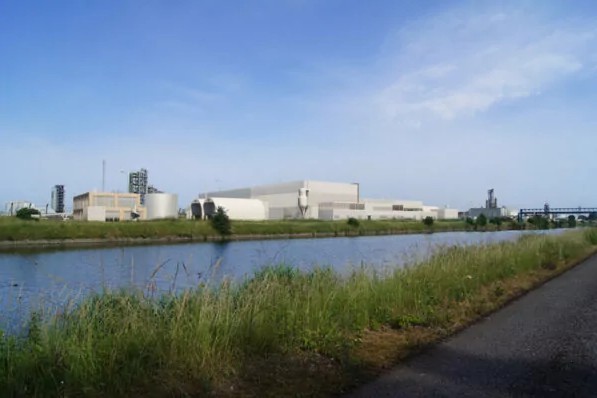Eramet practices EV battery recycling
According to Eramet, the 800-square-metre pilot plant at the existing research centre in Trappes will be used to test and optimise the recycling processes on a pre-industrial scale and to qualify the end products for future customers and partners. Regarding the large French site in Dunkerque, Eramet intends to make a final investment decision this year. The recycling is scheduled to go into operation in 2025 and will have a processing capacity of 50,000 tonnes of battery modules per year. Eramet plans to make a final investment decision for the hydrometallurgy plant, to be commissioned in 2027, by the end of 2024.
Eramet had already announced in September that the site in Dunkirk would be built in two phases (first a dismantling plant, then a hydrometallurgy plant). While the dismantling of spent batteries will start the year after next, Eramet aims to extract and refine the metals contained in the black mass (nickel, cobalt, lithium) on site two years later.
When the mining company and environmental services group Suez first presented their plans in March 2022, they were still talking about construction starting in 2024. According to the information at the time, the second phase will be in operation by 2025 or 2026, and is now planned for 2027. However, when the announcement was made just over a year and a half ago, it was unclear whether the two plants for dismantling and hydrometallurgical processing would be built near each other or at different locations. It is now clear that both will be built directly on the English Channel at Grand Port Maritime de Dunkerque.
Dunkirk is thus becoming an ever-larger battery hub. Battery cell factories from Verkor and ProLogium, as well as a cathode material plant from XTC and Orano, are also being built there – and the Envision battery factory currently under construction in Douai is not far away either.
Christel Bories, Chairwoman and CEO of Eramet, commented on the inauguration of the research centre in Trappes as follows: “After developing one of the most efficient direct lithium extraction technologies in the world, our Research and Innovation Centre is once again demonstrating its excellence and expertise in the hydrometallurgy of critical metals. This technological advance positions us, with our partner SUEZ, as tomorrow’s leaders in the recovery of ‘urban mines,’ the millions of electric batteries that need to be recycled and recovered in Europe.”
The mining group has received a grant of 80 million euros from the European Union and the BPI (“Banque publique d’investissement”) to partially finance pre-industrial studies, the construction of the facilities and the running costs for the first ten years of operation.
eramet.com (PDF)





0 Comments